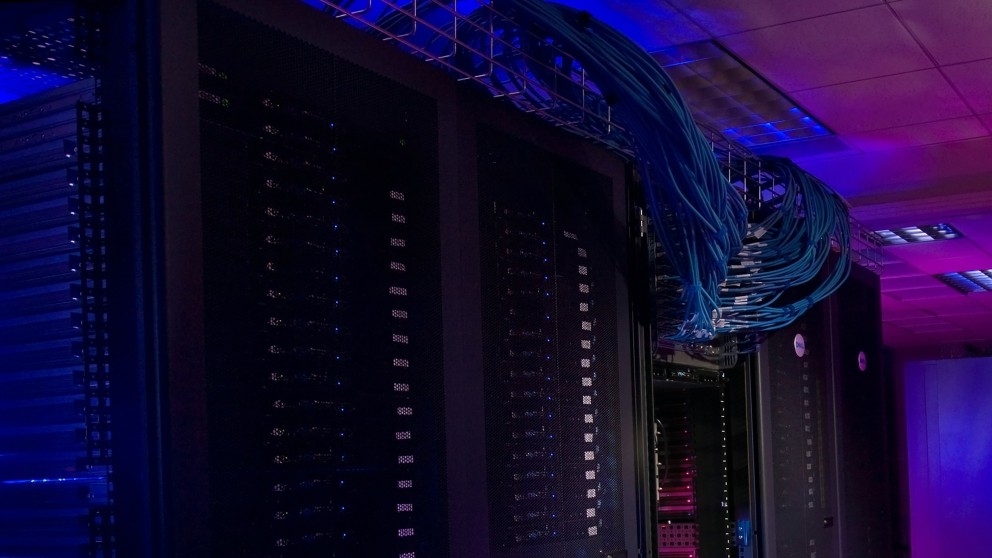
What is a Wi-Fi Controller?
In today's hyperconnected world, Wi-Fi networks have become an essential part of our daily lives, enabling us to stay connected wherever we go. But have you ever wondered what keeps these wireless networks running smoothly, efficiently, and securely? Enter the Wi-Fi controller.
A Wi-Fi controller, also known as a wireless LAN (WLAN) controller, is a specialized networking device or application that acts as the central command center for managing and optimizing Wi-Fi networks. Designed to handle multiple access points (APs) and simplify the administration of complex wireless networks, Wi-Fi controllers ensure consistent performance, security, and reliability across the entire network. By managing and monitoring APs, Wi-Fi controllers enable network administrators to deploy, configure, and maintain wireless networks with ease, making them indispensable for organizations with large-scale or distributed Wi-Fi networks.
Key Features of Wi-Fi Controllers
Wi-Fi controllers come equipped with a host of powerful features designed to enhance the performance, security, and manageability of wireless networks. Like the conductor of a large orchestra of APs, they keep the individual APs working in sync to produce a harmonized network.
Centralized Management
Wi-Fi controllers provide a single, unified platform for managing and monitoring multiple APs, streamlining network administration and reducing the complexity of managing large-scale Wi-Fi networks. From deploying new APs to updating firmware, a Wi-Fi controller allows network administrators to perform tasks remotely and with ease.
Load Balancing
To ensure optimal performance, Wi-Fi controllers can automatically distribute client connections across multiple APs, preventing network congestion and ensuring a smooth user experience. This load balancing feature is particularly useful in high-density environments, such as conference centers, hotels, and universities, where network usage can vary significantly.
Seamless Roaming
Wi-Fi controllers enable seamless roaming for users as they move throughout a Wi-Fi network, ensuring uninterrupted connectivity and a consistent user experience. By intelligently managing AP handoffs and minimizing the time it takes for a client device to reconnect to a new AP, Wi-Fi controllers provide a seamless wireless experience, even in large or complex network environments.
Security and Policy Enforcement
Wi-Fi controllers play a critical role in maintaining network security by enforcing access policies, authentication, and encryption standards across all APs. They can also monitor the network for potential security threats, such as rogue APs or unauthorized users, and take appropriate action to protect the network.
Performance Optimization
Wi-Fi controllers continuously monitor network performance and can make adjustments to optimize signal strength, coverage, and data throughput. By analyzing data on client connections, interference, and network usage, Wi-Fi controllers can make real-time adjustments to ensure the best possible Wi-Fi experience for users.
The Impact of Wi-Fi Controllers in Real-World Scenarios
From large enterprises to educational institutions, Wi-Fi controllers have a transformative impact on the way organizations deploy and manage their wireless networks. By simplifying network administration, enhancing security, and ensuring consistent performance, Wi-Fi controllers empower organizations to provide seamless and reliable Wi-Fi connectivity for their users. In a world where wireless connectivity is increasingly seen as a basic necessity, the role of Wi-Fi controllers in delivering a superior user experience cannot be overstated.
The Allied Telesis Autonomous Wave Control (AWC) is a powerful Wi-Fi controller that automatically optimizes your wireless network, enables simple seamless connectivity across the whole wireless network, and includes plug-and-play expansion for extremely fast deployment. The innovative technology in AWC has earned us a place on Network World's list of "10 Most Powerful Wi-Fi Vendors".
In conclusion
As the demand for seamless connectivity continues to grow and wireless networks become more intricate, the importance of Wi-Fi controllers in shaping our digital future will only increase. By centralizing management, optimizing performance, and ensuring robust security, Wi-Fi controllers play a pivotal role in delivering the reliable and uninterrupted wireless experience that users have come to expect.

